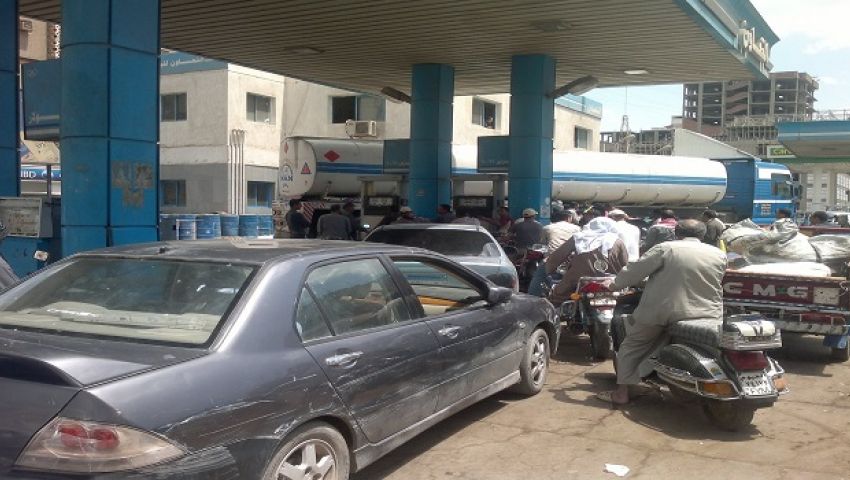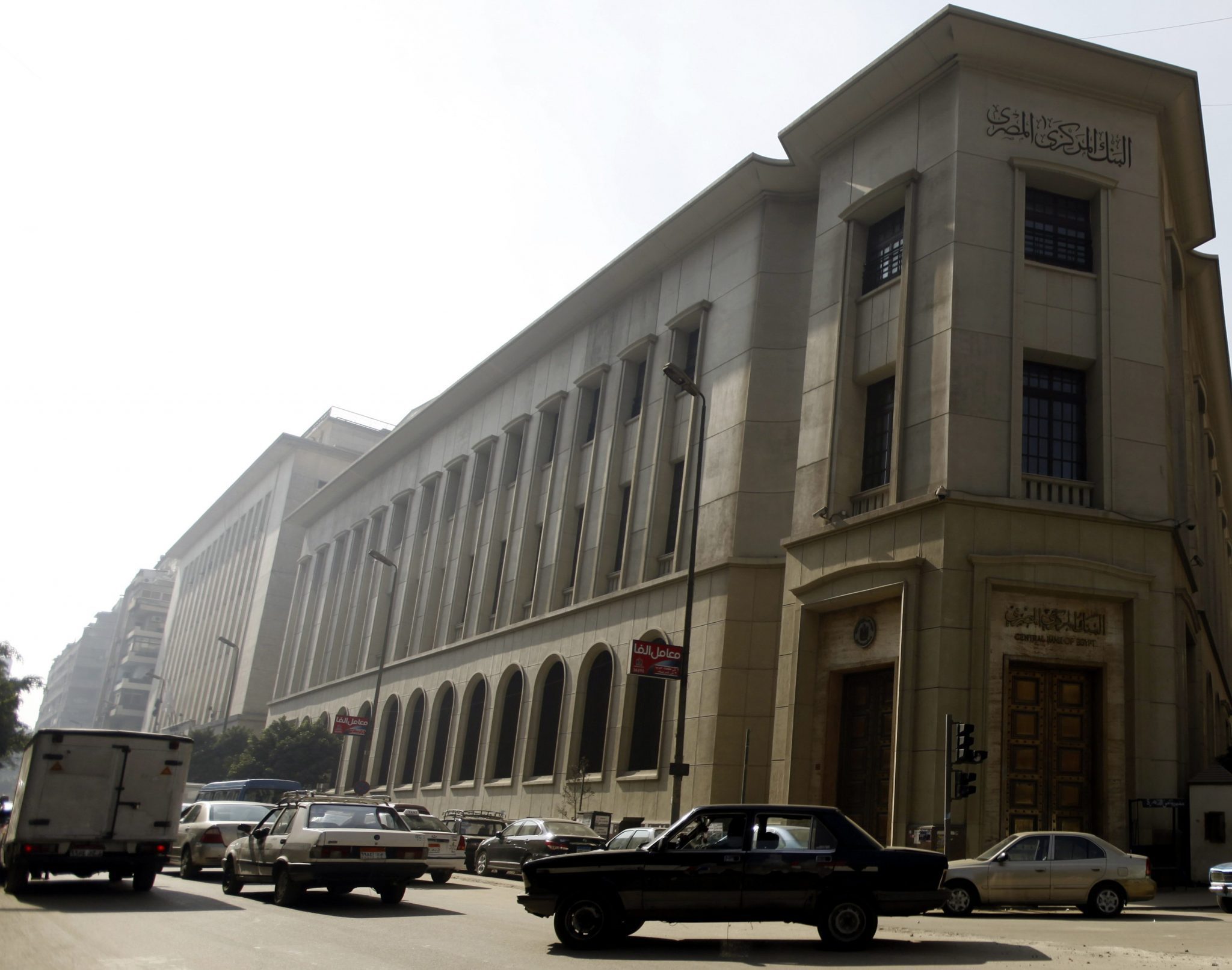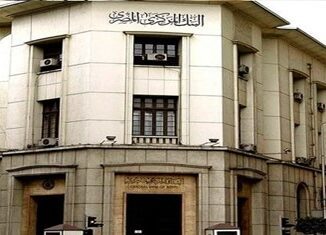
Soon after the Egyptian government’s decision to float its national currency, Egypt’s petroleum ministry announced new raises in the fuel subsidized prices that will come into effect starting from this Friday, according to al-Ahram, a state-owned newspaper.
In an official statement, the Egyptian Petroleum Ministry sent a table that shows the fresh price hikes of octone, diesel, butane gas, natural gas and the low-quality fuel of mazut, reported Al-Ahram.
The price of 80-octane gasoline hiked by 30.5 %from EGP 1.60 per liter to EGP 2.35.
The price for 92-octane gasoline increased from EGP 2.60 to 3.50, while the diesel price is now EGP 2.35 compared to 1.80, according to the statement.
The price of a small gas cylinder increased from EGP 12.5 to 15. However, the big cylinder will cost EGP 30 instead of 25.
This move is part of the Egyptian government economic reform program to secure the $12 billion loan from the International Monetary Fund (IMF).
The government plans to slash its total subsidy bill in the new budget by 14 % to reach EGP 130.1 billion in the 2016/17 fiscal year compared to the current fiscal year to end in June.
The government plans to cut off the petroleum subsidy bill by 43.5 % to reach EGP 35 billion and the electricity subsidy bill by 6.4 % to EGP 29 billion in 2016/17.
By such major changes, the Egyptian government is exerting all its effort to appease the IMF to shower its economy with the$12 billion loan, however successive governments have previously failed to curb energy product subsidies, fearing backlash from a public used to cheap fuel.
In addition, the floating of the Egyptian currency would also increase the price of basic goods in a country that already suffers high inflation rate.
In this context, officials are concerned about the impact of the sudden devaluation on Egypt’s poor, which could be worsened by a requirement that the authorities peel back energy subsidies, another condition of the I.M.F. loan.
The New York Times said, “A series of subsidized staples — like bread, sugar, rice and cooking oil — could all rise in price. With inflation, already at a seven-year high, combined with the psychological effect of millions of Egyptians waking up to
find their salaries and savings have officially plummeted in value, the government is fearful of unrest.”
Refaat Hussein, a tax collector and an independent labor union leader who earns about 4,000 pounds a month said, “There is so much anger here,” said. “The people will take to the streets.”
“This is only going to get worse,” he said. “I don’t know what I can buy now. The little guy is always the one who pays for these decisions. The pound is nothing to the rich.”
Clashes between Drivers and Gas Stations’ Owners
In the same context, clashes erupted in some governorates between car drivers and gas stations’ owners after the hikes in fuel prices. According to Masr al-Arabia, the clashes occurred because the owners of gas stations wanted to apply the new fuel price hikes at once, and not at the early hours of Friday as Hossam Arafat, the head of the petroleum products division in the Chambers of Commerce Union, had announced.
Moreover, hundreds of cars, trucks and taxis stationed in lines in front of gas stations in all governorates following the news about the increase in fuel prices. Drivers were very angry of the new price rise.
The Egyptian economy is on the skids again, as discontent rises in similar conditions to Egypt’s economic and social inequalities that helped the outbreak of January Revolution five years ago.
Food shortages are widespread and prices are soaring. More people are living in poverty and unemployment remains high, especially among the nation’s disenchanted youth.
When al-Sisi, a former general who rose to power after he launched a military coup against Morsi, pledged to enact economic changes and improve the lives of Egyptians. However, his economic policies didn’t only fail in resolving Egypt’s economic problems but they were escalated in unprecedented way in the country’s history.
Today, inflation has risen to the highest levels in years and it is expected to rise more after the floating of currency. Nearly a quarter of the country’s 94 million people live in poverty. The official jobless rate is 13%, and triple that among young Egyptians.
In addition, tourism industry -a major source of hard currency- declined over concerns about terrorism with no signs of revival. The number of tourists visiting the country declined after the downing of a Russian plane last year over the Sinai Peninsula by Sinai Province – a group affiliated to the Islamic State (ISIS) as well as a mysterious crash of an Egypt Air flight over the Mediterranean this year.
Tourism was also affected by the torture and murder of an Italian student Giulio Regeni in Cairo this year and the mistaken killing of Mexican tourists by Egyptian security forces in September 2015.
Furthermore, critics have previously blamed al-Sisi for grandiose projects that have sucked up billions in aid and taxpayers’ money. They include a large expansion of the Suez Canal, which failed to generate higher shipping revenue, as well as plans for a new, Dubai-like capital city in the desert
Accordingly, would the Egyptian people who have been suffering throughout the past three years bear more increase in prices and inflation? The new sudden liberal policies of the Egyptian government would probably agitate pubic dissent the coming days especially with calls for protests over the deteriorating economy on Nov. 11 — dubbed “11/11” in the media known by the “Revolution of the Poor.”
It is the second time Egypt has raised fuel prices in recent history. In 2014 it increased prices by up to 78 per cent to ease pressure on a swelling budget deficit.



